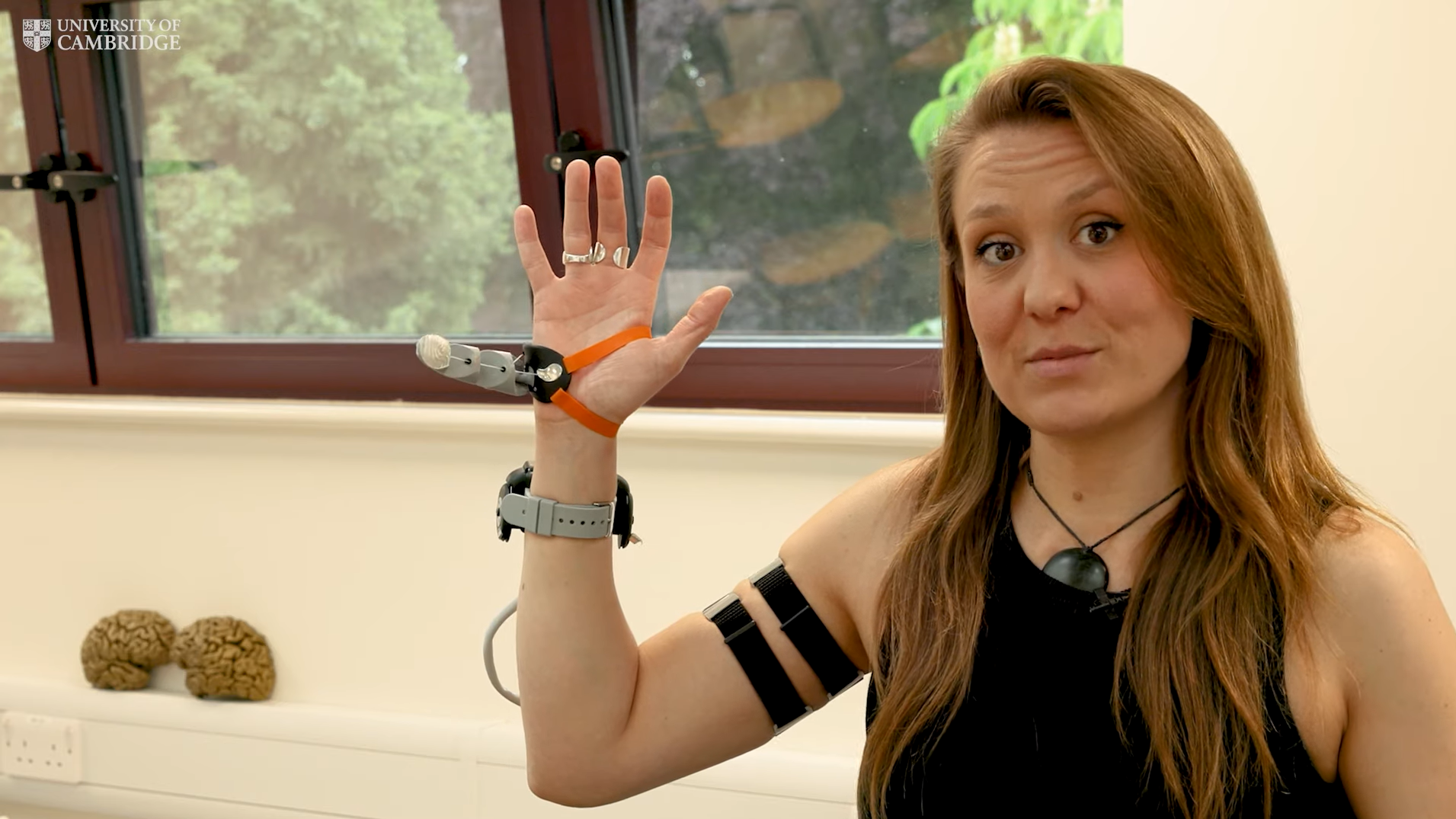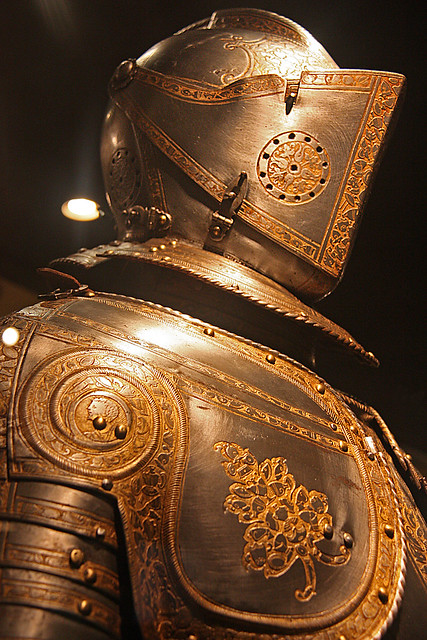This controllable prosthetic, the Third Thumb, attaches to the right hand, granting wearers the ability to perform a slew of one-handed tasks such as grasping objects, opening bottles, sorting cards, and even peeling a banana.
All that time we though image generation AI couldn’t count, really it has been telling us to invent more fingers.
deleted by creator
Another useless prosthetic designed by 3d printing enthusiasts…
I work in orthotics and prosthetics, and the majority of the articles written about the “next gen” prosthetics are just marketing materials trying to wrangle up VC funding.
Nothing about this makes sense. First of all, no one intuitively knows how to usefully operate a “third thumb”, so the learning curve on this is going to impede its adoption. We already have a hard time getting upper limb patients to use their prosthetics, and that’s when we’re purposely mimicking something they already know.
Secondly, the utility of thumbs in general is that they are opposable. With the placement of their “thumb” the only digit you can utilize with it is your other thumb… Which means adding a thumb negates the advantage of thumbs in the first place.
Finally, and most the important aspect to any prosthetics is utility. If this is meant to help people missing their other arm…how do they get the prosthetic on in the first place? And when you do manage to get someone to help you put this on, we’re supposed to use our big toe as the action controller? Okay, so that means you can utilize this thing while walking?
Why on gods green earth did they not use myoelectrics? We’ve had them since the 70’s, why is this “cutting edge” prosthetic going backwards in technology?
Oh wait, I can tell you… Because it was designed by a 3d printing lab with no experience in actual prosthetics. 3d printers are successfully being used in prosthetics, but only when the person utilizing them has a background in prosthetics or biomedical engineering. Ends up it’s a lot easier to have a prosthetist learn about 3d printing than it is to teach a 3d printing enthusiast about a field of study that requires education in physiology, anatomy, material science, and fabrication…
It looks like it was made by a neuroscience lab to test how quickly people can learn to use a “Hand Augmentation Device,” I’m not really sure I would call that 3d printing enthusiasts.
Dani Clode -Senior Technical Specialist at the Plasticity Lab, Cambridge University | Formlabs 3D Printing Ambassador.
Nah, she just partners with a university lab. This happens all the time at universities, basically just a PR project to attract funding.

You didn’t see this six years ago?
Here is an alternative Piped link(s):
https://piped.video/i1TkiN309_4?si=StM3R0j0AEtdmYuy
Piped is a privacy-respecting open-source alternative frontend to YouTube.
I’m open-source; check me out at GitHub.
Sounds like you’re scared of competing technologies taking away that precious ortho money
Lol, If was in it for the money I wouldn’t be working at a children’s hospital run by one of the poorest states in America.
My concern isn’t even particularly with the the creator, she’s an artist. My problem is when people try to pass it off as a medical device that can help disabled people.
An even larger problem is when hobbyist start making medical devices for children. There are inherent problems they do not understand, because they lack education in the field. Children are so adaptive that if you don’t provide them with a device that actually provides sufficient utility they will adapt to not wearing a prosthetic at all, severely limiting their future mobility/functionality.
I’m sure this is cool but I don’t click on links that say “game changer “
Or slammed…
Also “fires back” or “this trick”
“You won’t believe number 6!”
XXX will shock you!
Let me fill you in. The article details how the games you own change. If you own a Zelda game and get this prosthetic it changes to a Tomb Raider game.
“You have six fingers on your right hand. Someone was looking for you.”
“Hello. My name is Inigo Montoya…”
I want it for gaming.
That prosthesis is controlled through feet. if all you want is pushing more buttons, there is no need for that extra finger, you can achieve the same with pedals.
Pedals…Holy shit, yes, foot buttons. Wow. This is not sarcasm, I forgot pedals are just foot input, not limited to a specific purpose like music making or whatever. I don’t need more hand buttons I need pedals.
They exist for gaming, but mostly just in racing controllers, since, well, those simulate vehicles with pedals. But yeah, in theory they’re just analog foot buttons indeed.
I very recently went down this path. MSI made a cool one but it’s totally unavailable in the US. All the others I found require so much movement I think I’d find I’m too slow to make it useful for gaming.
I can imagine that.
Reminds me of my experience with a rhythm game/RPG of sort from some time ago, that had battles being played like Dance Dance Revolution games. Only you had to switch in real time between 3 alternative charts to attack/defend/heal.
It’s probably not actually meant for using with an actual DDR dance mat, but it’s a feature if you want to, and, well, I have mats. However there’s the problem of all those non-arrow commands, like switching panels, and it’s a bit much for just feet. So the way I tried it was using a controller for actions while I stepped to the arrow charts.
My conclusion : coordinating all that stuff is fucking hard.
A friend of mine used his for push to talk.
Science contributing to pinnacle advancement of humankind
Uh. This is not a good picture my journalism dudes. It’s strap-on; what kind of tasks are we talking about here?
You’ve heard of the shocker, now imagine 2 chicks at the same time.
deleted by creator
There’s some really neat prosthetics out there. I’ve seen one woman who trained her brain to control a prosthetic tentacle that she mounted on her arm stump.
uwu what’s this?
Yeah it definitely has … Implications
The cyberpunk future is bright
I remember this from a couple years ago. Article from 2021
They gotta call it an “AI Thumb” before I’m buying. \s
Finally you can do CTRL-ALT-DEL with one hand
Try CTRL+SHIFT+ESC
Use right ctrl and alt












